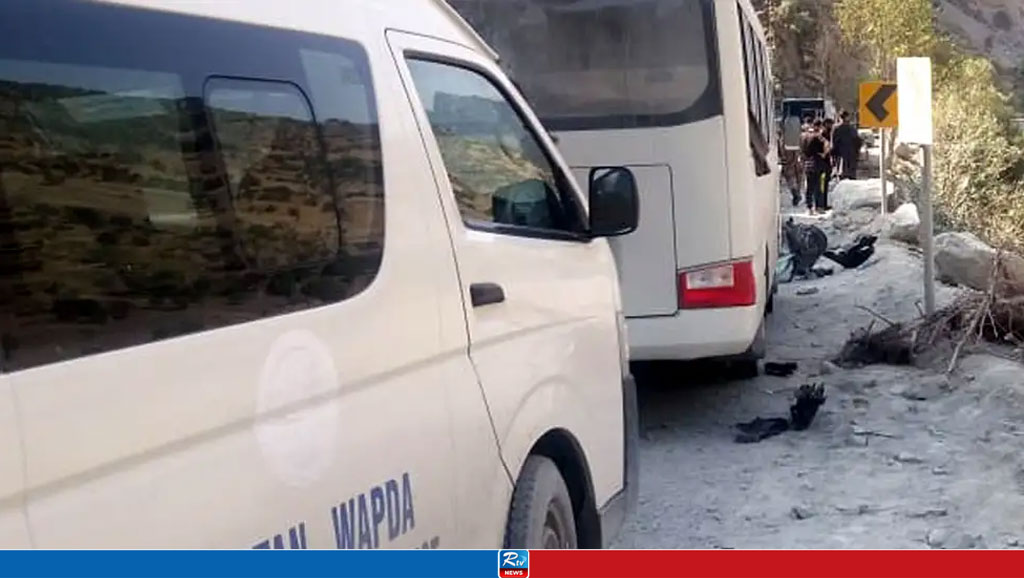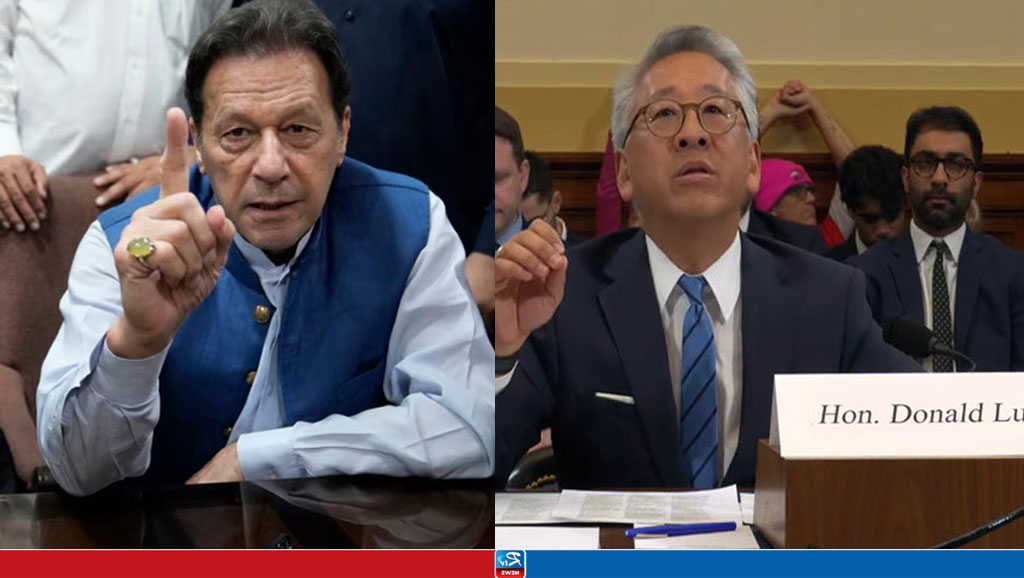Anti-Shia militancy on rise in Pakistan
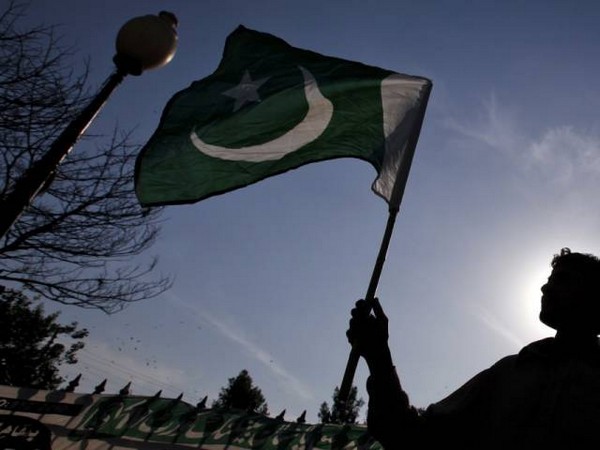
A new form of Sunni militancy is creeping across many new areas in Pakistan, threatening Shias, Ahmadis and non-Muslim minorities. The growth of sectarian violence in Pakistan has long been driven by the patronage Sunni groups enjoy from the military and political leadership.
Although the phenomenon has been known to many, especially the military, there has been a clampdown on the media in reporting such a trend. In 2020, well known defence analyst, Dr Ayesha Siddiqa wrote about the revival of sectarian tension between Sunnis and Shias in Karachi and other urban centres in Sindh and Punjab. She pointed out that Pakistan has reportedly witnessed the killing of approximately 4,847 Shias in incidents of sectarian violence between 2001 and 2018.
Two years later, well-known international policy think tank, the International Crisis Group (ICG) in its latest report on sectarian violence in Pakistan, has warned of “the rise of a local Islamic State franchise and the growing influence of a hard-line and violent protest movement known as “Labaik” that draws support mostly from Pakistan’s Barelvi majority“. The “Labaik“ is the hardline Barelvi group, Tehreek-e-Labbaik Pakistan (TLP), which has been on the rise for the past few years, especially during the Imran Khan regime.
The ICG report, published in early September this year, pointed out that these new groups, though different in many ways, were responsible for some of the country’s worst inter communal bloodshed in recent years. The report warned that “Muslim minorities, particularly Shias, are deeply vulnerable. Vigilantism is a danger as hardliners mobilise around allegations of blasphemy to gain political clout.“
The origin of Sunni militancy can be traced to the Sunni-Shia tension in Pakistan immediately after the independence. Many Deobandi clerics called for attacks on Shia processions and wrote against Shias in books and tracts. In 1949, a Muharam procession was attacked in Narowal and two years later, in the 1951 Punjab Assembly elections, Shia candidates were labelled infidels and voting for them was declared prohibited.
But it was during President Zia-ul Haq’s tenure that Sunni militancy came to the fore with the army actively supporting a rabidly anti-Shia group called Anjuman Sipah-e-Sahaba Pakistan. The group and its militant wing, Lashkar-e-Jhangvi, slaughtered Shias across the country, a majority of them in Sindh and Punjab. It took several decades before the Sunni groups could be brought to their knees, bringing back a semblance of sectarian stability in the country.
But the lull has been short. In the hybrid regime formula adopted by the Pakistan Army, Imran Khan was helped to gain Islamabad with engineered elections. Khan, who not long ago was known as Mr Taliban, showed no remorse in supporting a new Barelvi group, TLP, to cause mayhem across Pakistan in the name of blasphemy. The trigger was a series of cartoons of Prophet Muhammad published by a French satire magazine. Although Imran Khan shirked off any such responsibility, he indirectly blamed the army. Undoubtedly, General Javed Bajwa was keen to promote the Barelvi extremist group and reportedly brought about a truce with the radical group through bribes and threats. TLP then went on to become a political entity, obviously supported by the army which kept it as a reserve for electoral use. TLP, untouched by the present turbulence in the country or sanctions, spearheads Barelvi militancy today. The December 2021 mob lynching of a Sri Lankan factory manager, falsely accused of blasphemy, by the TLP supporters was a clear signal that the extremist group had broken Barelvi’s history of shared ritual practice with Shias and was keen to project its anti-Shia agenda.
Other Sunni extremist groups, mostly Deobandi, like Lashkar-e-Jhangvi, decimated by security forces over the years, have opted to fight alongside other extremist groups including the local franchise of Islamic State. The footsoldiers of Jhangvi and similar groups today are busy expanding their influence in the tribal areas in Pakistan adjacent to the Afghan border. As the ICG report highlighted, unless this upsurge in sectarian violence is put down with a firm hand, it could prove to be another millstone for a trouble-ridden Pakistan.
Source: IFFRAS
Comments
Jacob Zuma barred from running in election
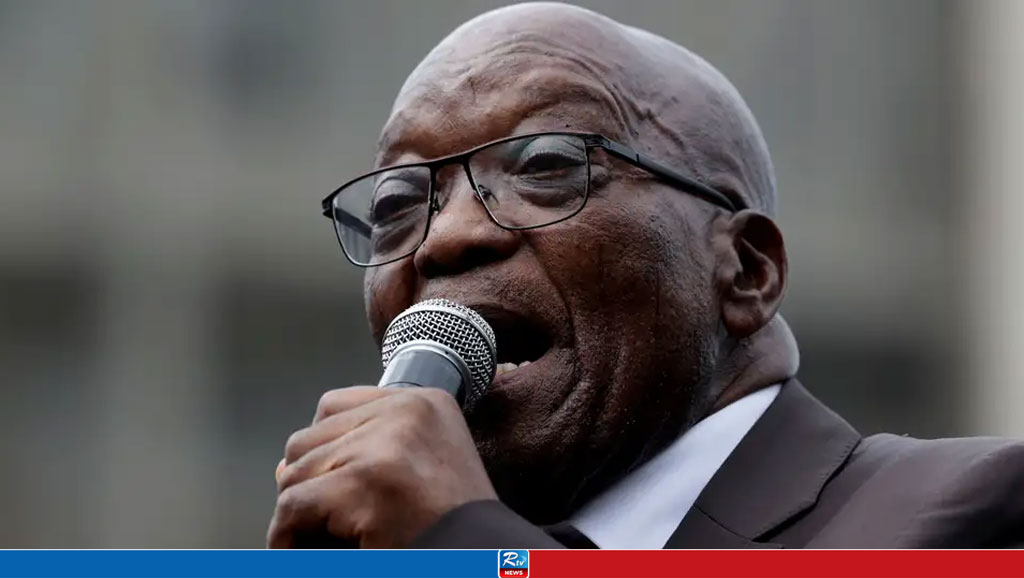
45 dead in South Africa bus crash, 8-year-old girl only survivor
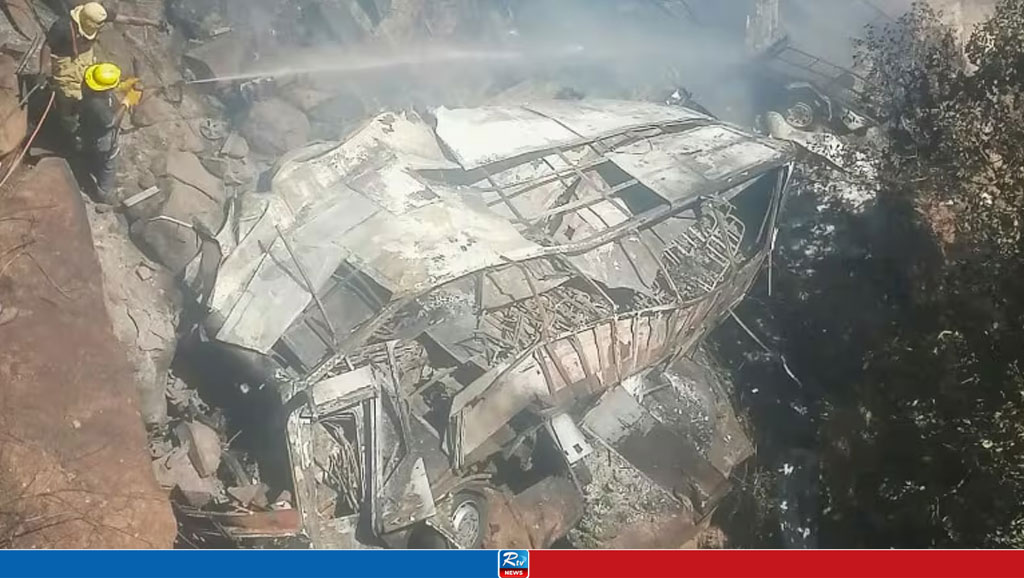
World's most expensive cow sold for $4.3 million in Brazil

Turkey: Polls close in Erdogan's 'last election'
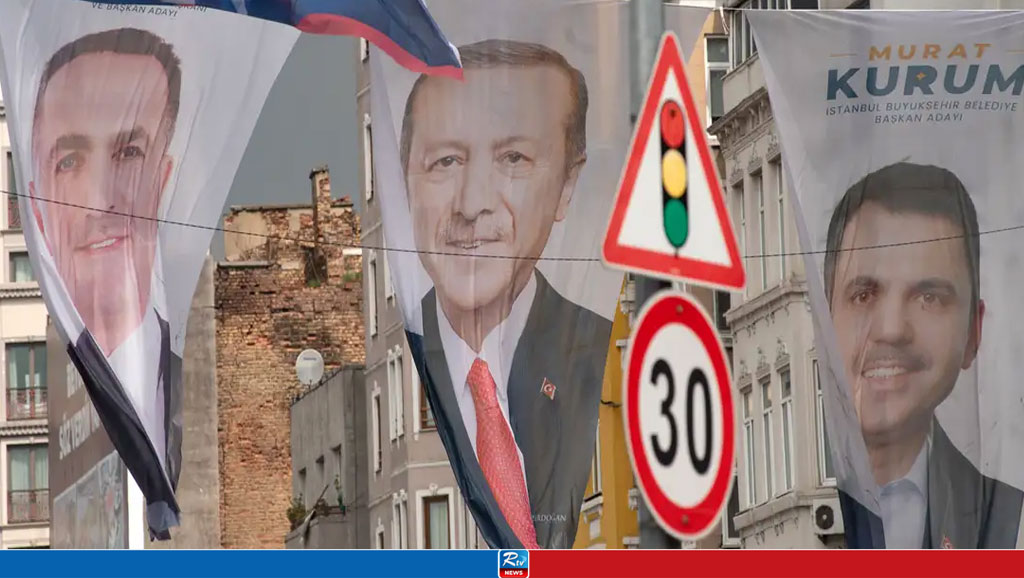
Italy is overtaking Germany as Europe's economic powerhouse
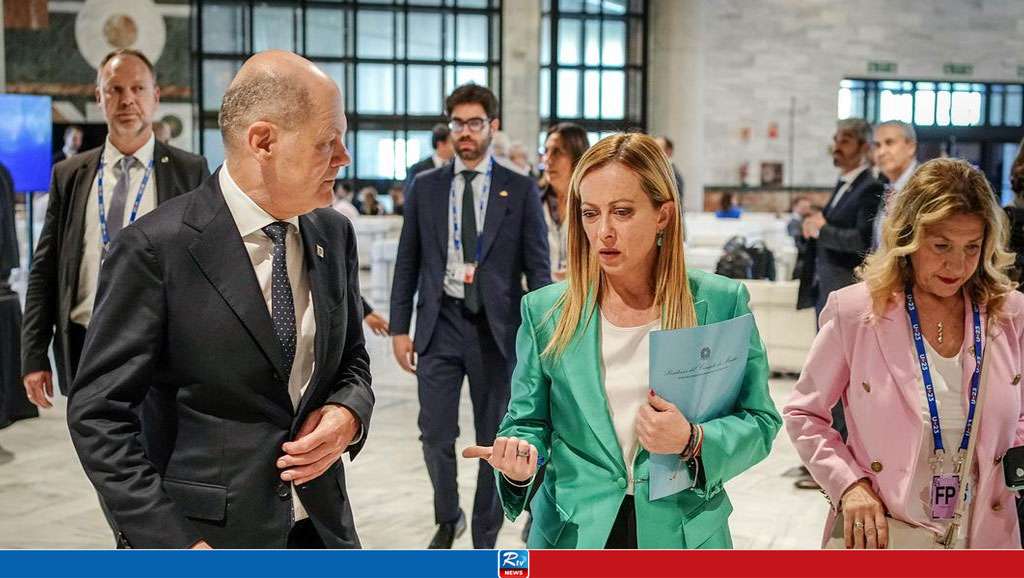
Lawmakers urge Biden to call out more Chinese biotech firms
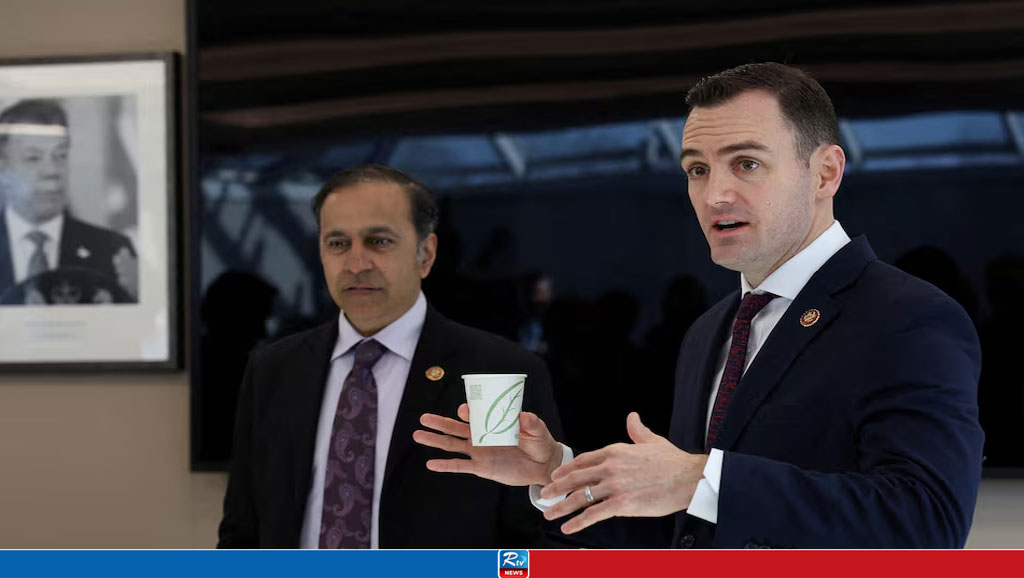
Gaza death toll crosses 33,000
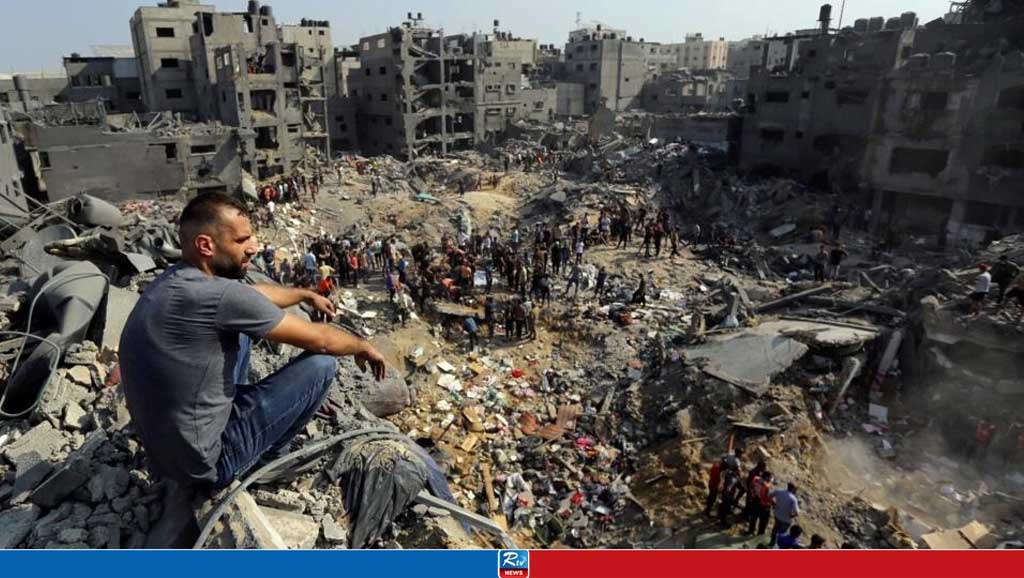

 Live Tv
Live Tv



